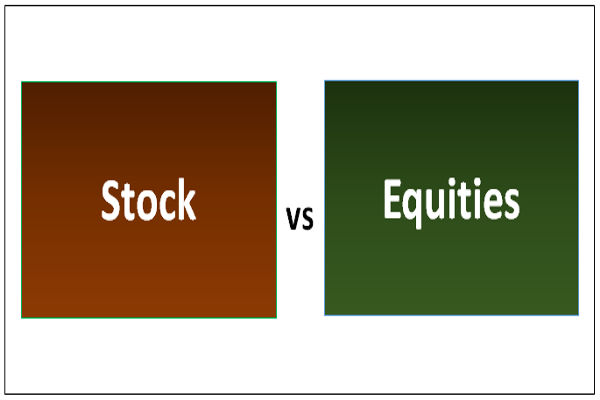Proprietary trading, commonly known as "prop trading," is a financial practice where institutions or firms trade stocks, bonds, currencies, commodities, derivatives, or other financial instruments using their capital rather than executing trades on behalf of clients.
The primary objective is to generate direct profits from market activities, leveraging the firm's funds. This approach contrasts with traditional trading models, where firms earn commissions or fees by facilitating client trades.
Understanding Proprietary Trading and How It Works

As mentioned, in proprietary trading, financial institutions utilise their capital to engage in various trading activities, aiming to capitalise on market opportunities and earn substantial returns. This method allows firms to retain all profits from their trades, offering the potential for higher earnings compared to the relatively modest fees or commissions obtained from client-based transactions.
How so? Prop trading firms employ traders who utilise the firm's capital to execute trades across various financial instruments, including stocks, bonds, commodities, currencies, and derivatives.
These traders leverage advanced strategies and technologies to identify and exploit market inefficiencies. For example, arbitrage, where traders seek to profit from price discrepancies between related securities; technical analysis, which involves analysing statistical trends from trading activity; and global macro-trading, focusing on broad economic and political trends to inform trading decisions.
The firm's traders use advanced technology and data analytics to execute trades swiftly and efficiently, aiming to maximise profitability. However, it also exposes the firm to significant risks, as losses directly impact the firm's capital.
Benefits and Risks Associated with Proprietary Trading
Engaging in prop trading offers several advantages to financial institutions:
Profit Potential: By trading with their capital, firms can realise substantial profits without sharing earnings with clients.
Enhanced Control: Firms maintain complete control over their trading strategies and decisions, allowing for swift adaptation to market changes.
Diversification: Prop trading lets firms diversify their revenue streams beyond traditional client-based services.
Despite its potential for high returns, prop trading carries significant risks:
Capital Exposure: Firms risk their own capital, which can lead to substantial losses if trades are unsuccessful.
Market Volatility: Rapid market fluctuations can impact trading outcomes, requiring firms to have robust risk management strategies.
Regulatory Scrutiny: Prop trading activities are subject to regulatory oversight, and firms must ensure compliance with financial regulations to avoid legal repercussions.
How to Get Started
Several pathways exist for individuals interested in pursuing a career in prop trading. For instance, many proprietary trading firms offer training programs and mentorship to develop the necessary skills.
Aspiring traders should focus on building a strong foundation in financial markets, trading strategies, risk management, and technical analysis. Proficiency in quantitative skills and familiarity with trading software and algorithms can also be advantageous.
We recommend following these three steps if you have set your sight:
Education and Training: Acquire a solid understanding of financial markets, trading strategies, and risk management principles.
Gain Experience: Develop practical trading experience, possibly through internships or trading simulations, to hone skills and build a track record.
Seek Employment with Prop Firms: Apply to reputable proprietary trading firms that offer training programs and opportunities for novice traders.
Proprietary Trading vs Hedge Funds

While proprietary trading firms and hedge funds aim to generate profits through trading activities, they differ in their operational structures. Prop trading firms trade exclusively with their own capital, retaining all profits and bearing all risks.
In contrast, hedge funds pool capital from external investors and trade on their behalf, typically charging management and performance fees. This fundamental difference influences their risk exposure, regulatory requirements, and profit-sharing mechanisms.
Conclusion
In conclusion, proprietary trading represents a dynamic and potentially lucrative aspect of the financial industry, as firms leverage their own capital to engage in market activities.
While it offers opportunities for substantial profits, it also entails significant risks and is subject to regulatory scrutiny. Understanding the intricacies is crucial for individuals and institutions considering this approach, emphasising the importance of robust risk management practices and adherence to regulatory standards.
Disclaimer: This material is for general information purposes only and is not intended as (and should not be considered to be) financial, investment or other advice on which reliance should be placed. No opinion given in the material constitutes a recommendation by EBC or the author that any particular investment, security, transaction or investment strategy is suitable for any specific person.








